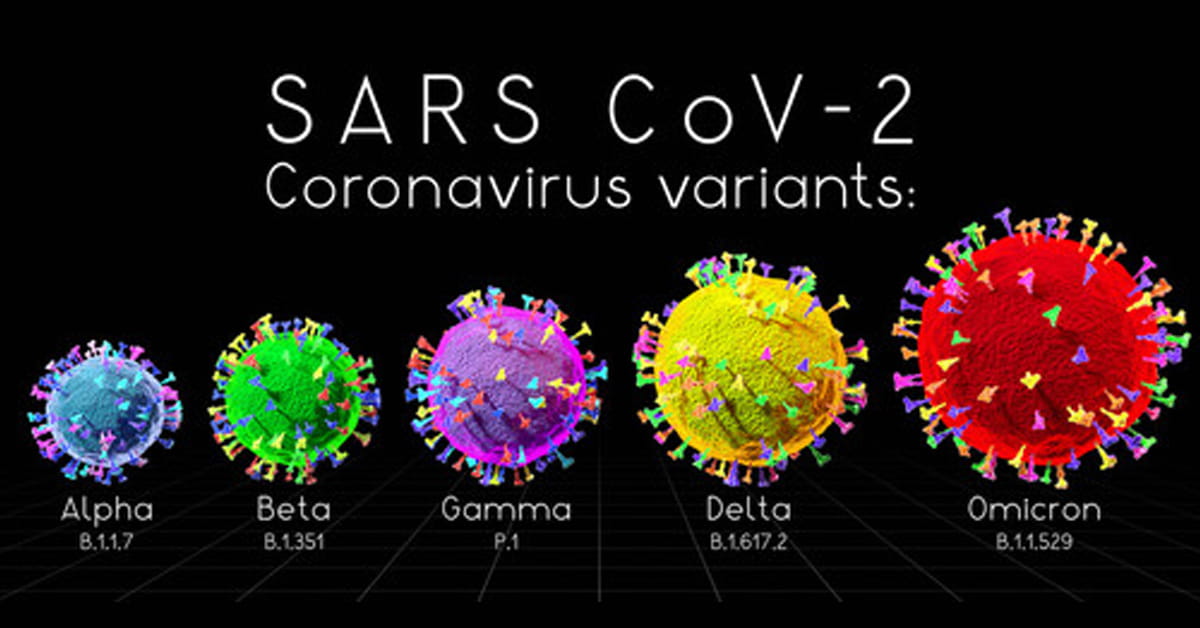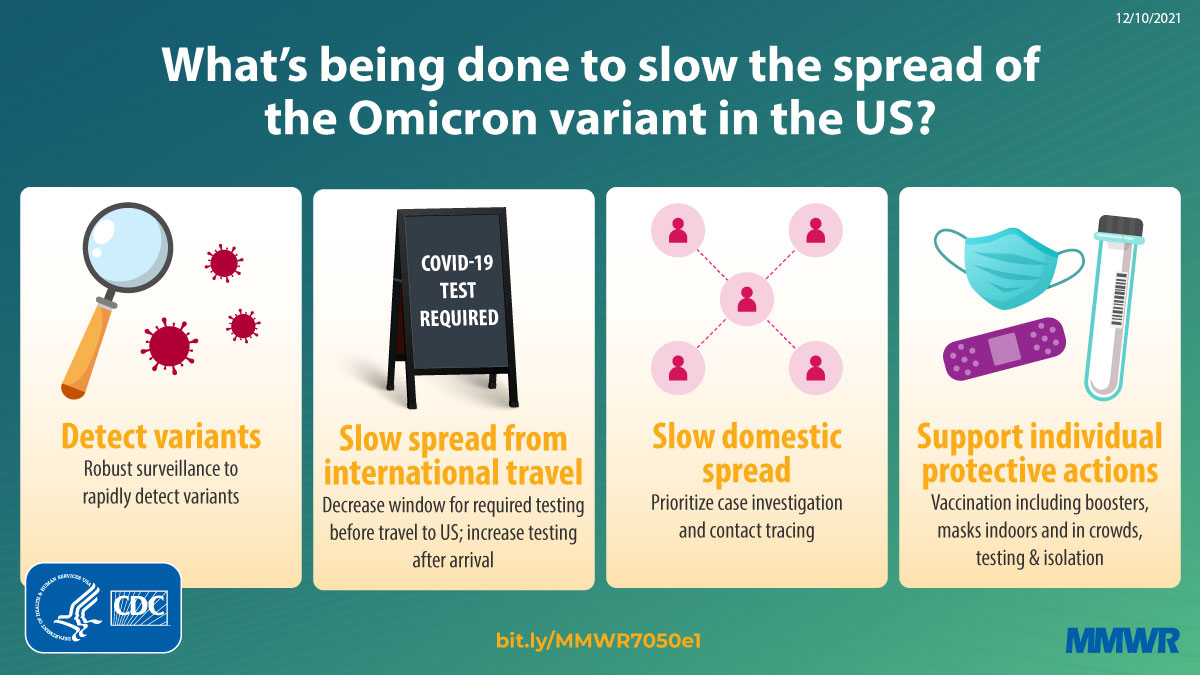Common Symptoms of COVID Variants

Covid variants symptoms – COVID-19, caused by the SARS-CoV-2 virus, continues to evolve, giving rise to new variants. While the core symptoms remain largely similar, some variants may exhibit distinct symptom profiles.
With the relentless evolution of the virus, new variants of COVID-19 continue to emerge, each carrying its own set of symptoms. While some states take measures to mitigate the impact of these variants, others, like Florida under Governor DeSantis, have vetoed safety measures.
As a result, understanding the symptoms associated with these variants remains crucial to protecting ourselves and our loved ones.
The most common symptoms associated with COVID variants include:
- Fever or chills
- Cough
- Shortness of breath or difficulty breathing
- Fatigue
- Muscle or body aches
- Headache
- New loss of taste or smell
- Sore throat
- Congestion or runny nose
- Nausea or vomiting
- Diarrhea
The severity and duration of symptoms can vary depending on the variant, the individual’s immune response, and underlying health conditions.
Variant-Specific Symptoms and Transmission

The emergence of COVID-19 variants has presented new challenges in understanding the virus’s behavior and impact. Specific variants, such as Delta, Omicron, and BA.5, have exhibited unique symptoms and transmission patterns that require targeted preventive measures and early detection strategies.
-
Delta Variant
The Delta variant, known for its increased transmissibility, caused a surge in cases during the summer of 2021. Symptoms associated with the Delta variant were similar to those of the original COVID-19 strain, including fever, cough, shortness of breath, and fatigue. However, some individuals also experienced gastrointestinal symptoms such as nausea, vomiting, and diarrhea. The Delta variant was highly contagious, primarily spread through respiratory droplets and aerosols.
-
Omicron Variant
The Omicron variant, identified in late 2021, became the dominant strain worldwide due to its even higher transmissibility. Omicron infections typically resulted in milder symptoms compared to previous variants, with a greater proportion of cases being asymptomatic or causing only mild upper respiratory symptoms such as runny nose, sore throat, and headache. However, the Omicron variant was also associated with an increased risk of reinfection, even in vaccinated individuals.
-
BA.5 Subvariant
The BA.5 subvariant of Omicron, which emerged in mid-2022, has shown a further increase in transmissibility and immune evasion. Symptoms of BA.5 infections are generally similar to those of Omicron, but there have been reports of a higher incidence of muscle aches and fatigue. The BA.5 subvariant is highly contagious and can spread rapidly, particularly in crowded or indoor settings.
Understanding the unique characteristics of each COVID-19 variant is crucial for developing effective public health strategies. By staying informed about the latest variant-specific information, individuals can take appropriate precautions to protect themselves and others from infection.
Impact of Variants on Treatment and Vaccination: Covid Variants Symptoms

The emergence of new COVID-19 variants poses challenges to the effectiveness of existing treatments and vaccines. Some variants may exhibit reduced susceptibility to monoclonal antibody treatments, which are designed to target specific proteins on the virus’s surface. Additionally, variants may partially evade vaccine-induced immunity, leading to reduced protection against infection and severe disease.
Challenges in Developing Variant-Specific Therapies and Vaccines, Covid variants symptoms
Developing variant-specific therapies and vaccines requires continuous monitoring of emerging variants and timely adjustments to existing treatments and vaccines. This process involves identifying mutations in the virus that affect its susceptibility to existing treatments and vaccines, and designing new therapies and vaccines that target these mutations.
Importance of Staying Up-to-Date with Vaccinations and Boosters
Despite the challenges posed by variants, vaccines remain a crucial tool in protecting against COVID-19. Staying up-to-date with vaccinations and boosters is essential to maintain optimal protection against infection and severe disease, even in the face of evolving variants. Vaccination and booster doses help to strengthen the immune response and broaden its coverage against different variants.
The new COVID variants have brought with them a range of symptoms, including fever, cough, and fatigue. As the virus continues to mutate, it’s crucial to stay informed about the latest developments. Meanwhile, Governor DeSantis has recently vetoed a bill that would have provided funding for COVID-19 testing and vaccination efforts.
This decision has raised concerns among public health experts, who emphasize the importance of continued vigilance against the virus and its variants.